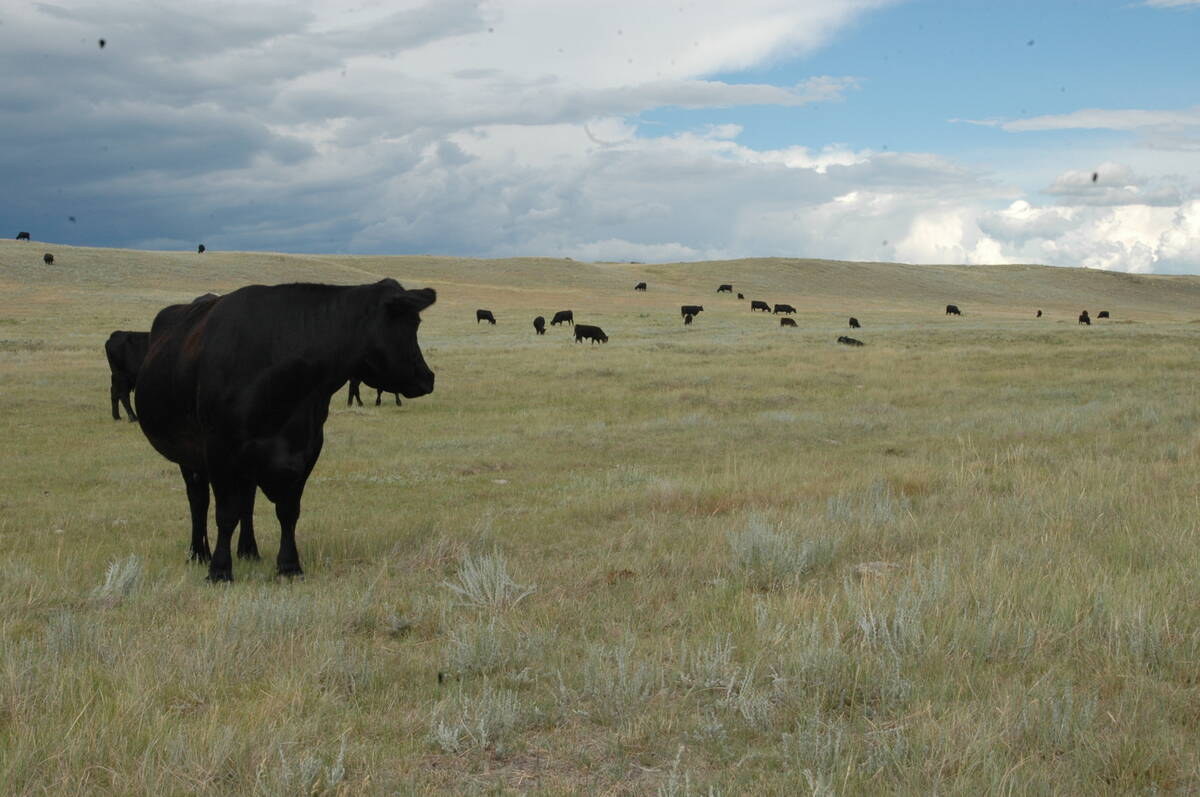BROOKS, Alta. — More than 500 people gathered in Brooks Sept. 7 to celebrate the beef industry one year after E. coli contamination at the local processing plant rocked the Canadian industry.
The largest meat recall in the country’s history originated Sept. 16, 2012, at what was then the XL Foods plant on the city’s outskirts.
The fallout affected trade, government policy, consumer confidence and plant ownership. Contaminated beef sickened 18 people, temporarily closed the plant and put most of its 2,200 people on layoff. The recall eventually spread across Canada and into more than 25 U.S. states.
Read Also

Saskatchewan Cattle Association struggles with lower marketings
This year’s change in the provincial checkoff has allowed the Saskatchewan Cattle Association to breathe a little easier when it comes to finances.
However, a steady flow of people lined up last weekend for free beef on a bun and other fixings. They were supplied by new plant owners, JBS Canada, a subsidiary of JBS SA, the world’s largest meat processor.
The mood and music were celebratory as representatives from Canada Beef, Alberta Beef Producers, the Alberta and national cattle feeders associations and other groups handed out bumper stickers while talking with attendees.
“We’re almost at capacity and most importantly, we’re running in control. That’s really the long and short of it,” said Sterling Fox, director of procurement for JBS in Brooks, in reference to plant operations.
“We’re working our way towards 4,000 and we’re getting real close.”
Reaching that capacity will depend on cattle availability. Low inventories continue in Canada and the United States, he added.
The Brooks plant is one of only two federally inspected cattle processing plants in Western Canada, and it slaughters up to 40 percent of the country’s cattle.
Molly Douglass, reeve for the County of Newell, said she welcomed the beef industry celebration as a sign of better things to come.
“We’re just happy that things turned around as quickly as they did last year. JBS has come into our community and they communicate with us and try to help us understand their business.”
The plant is one of the county’s largest employers at about 2,200 people.
Douglass said she and other muni-cipal officials have toured the plant, which JBS bought from Nilsson Brothers in January.
“We really feel as though they are striving to do the best job possible, and that’s what we want for our community. It’s pretty neat to be here today celebrating.”
She acknowledged the blow struck by last year’s contamination at the plant, but said she had reservations about how the severity was portrayed.
“In my mind, it was totally overblown,” she said.
“Let’s worry about E. coli on lettuce and spinach and things like that. We can cook it out of the beef. But that’s a hard sell to people who don’t understand the system.”
Canada Beef chair Chuck MacLean said the industry has other things to look forward to, now that the Brooks plant is running and cattle prices are stable.
The federal government recently announced implementation of an import levy that will be applied to all beef and beef products.
“We’ll probably see the first invoices go out here in October,” MacLean said. “We’ve been a little bit slow getting it implemented because we were waiting for the minister to make the official announcement.”
He estimates the levy will generate up to $1 million per year.















